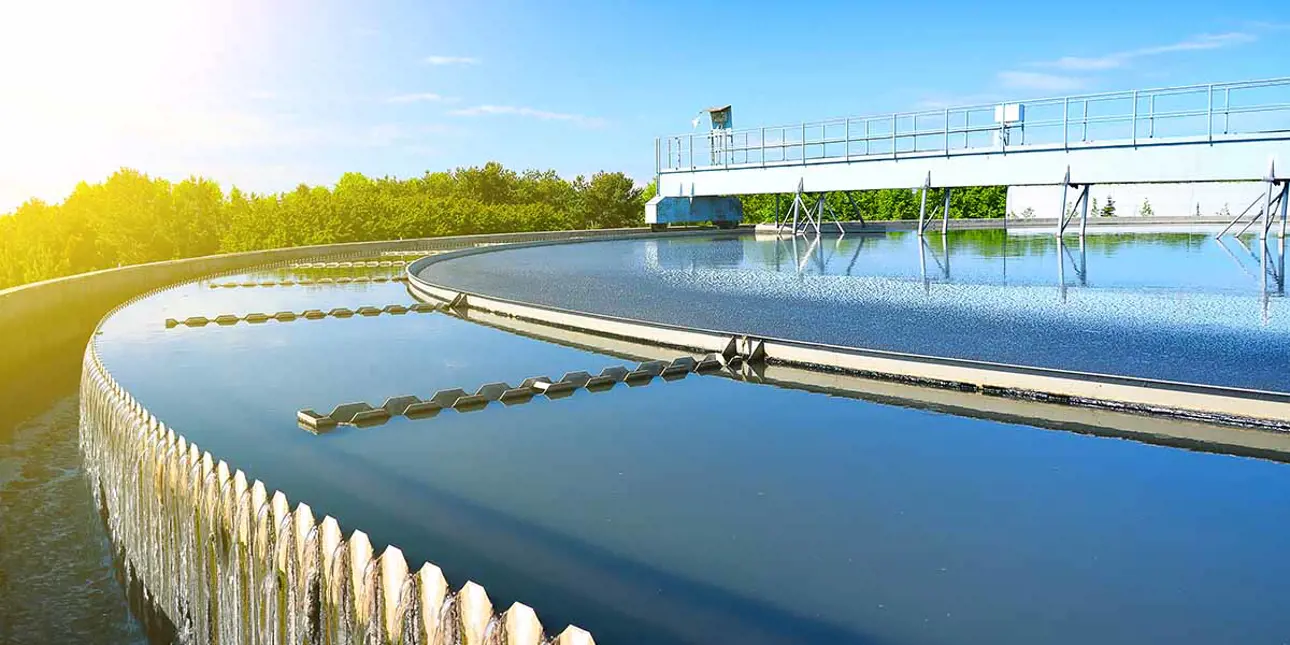Valmet and Flootech are taking the lead in water treatment solutions for the pulp, paper and tissue industry
Sep 10, 2024
The global shortage of fresh water is increasingly challenging pulp, paper and tissue producers, highlighting the critical need for water conservation and treatment technologies. Reusing and recycling process effluent has become essential for most companies. In May, Valmet and Flootech entered into a partnership to strengthen their collaboration in delivering advanced water treatment solutions.

Under this partnership, Flootech will bring deep technical and commercial expertise to Valmet’s customers. Our joint offerings will encompass water treatment and recycling systems, process water treatment, effluent management and reuse, as well as sludge dewatering solutions. With 50 years of experience and over a thousand installations worldwide in the pulp and paper industry, Flootech has established a strong reputation in water treatment solutions.
Although this particular agreement is new, the collaboration between Flootech and Valmet has been ongoing for over 20 years. During this time, we have partnered on more than 100 projects, working together to close water loops and enhance sustainability in the industry.
The areas of cooperation include intake screening and water treatment, demineralized water treatment, Condensate polishing plant (CPP) and Flue Gas Condensate (FGC) processes, Save-All systems, white water treatment and recycling, as well as effluent treatment and water reuse.
High water quality is essential for producing pulp and paper products. It enhances fiber processing, ensures machine performance, maintains product consistency, supports environmental compliance and drives cost-efficiency. Prioritizing water quality is more than just a matter of operations; it is a strategic edge that results in superior products and long-term sustainability.

We reached out to Patrik Rehn, Sales Manager at Flootech, to gain his insights on the current water situation, the needs of customers, and the direction the industry should take moving forward.
When considering your customers, particularly in the pulp and paper industry, how does the availability of fresh water differ across their regions?
- The availability of water varies significantly between regions. For instance, the situation here in the Nordics is vastly different from that in Central Europe, the Middle East, or Mexico. Additionally, the quality of available water can differ greatly. Regardless of the region, sustainable use of water, energy, and chemicals remains a top priority for pulp and paper companies. The industry is increasingly recognizing the need to address water scarcity as a crucial factor in their operations.
What are some challenges in the regions where you operate?
- As earlier mentioned, a significant challenge is the scarcity of fresh water and the limited permits for its use in pulp and paper production, which is driving the industry to lower water consumption by reusing it. Additionally, the need to use secondary waters as an alternative raw water source is becoming increasingly important. Stringent government regulations further complicate operations, and developing effective water reuse concepts requires careful consideration of production needs, such as runnability and maintaining high product quality.
Do you see any specific trends?
- There are several key trends emerging. The maximum allowable water usage is becoming increasingly limited, while environmental permit values for treated wastewater are becoming more stringent. There's a strong focus on the principles of Reduce, Remove, Reuse, and Recover, all aimed at enhancing sustainability. Companies are also striving to maintain a green image with the lowest possible environmental footprint, aligning with corporate sustainability goals. Additionally, there's a growing demand for comprehensive solutions rather than relying on single technologies.
Do you see a willingness or opportunity from communities to engage in discussions around water usage and conservation?
- Yes, there is a strong willingness from both the public and corporate sectors to engage on this topic. Environmental permit procedures, for example, are of significant interest and align with common sustainability goals. Sustainability and resilient resource usage are crucial aspects of the green image that every company, whether public or private, strives to uphold, regardless of the industry.
What do you see as the biggest opportunity moving forward?
- Each client has its own challenges, opportunities, and potential solutions. It’s not a “one solution fits all” and therefore it’s very important that we work closely together. At Flootech, we are excited about the partnership with Valmet and the opportunities it can bring. When we combine Valmet’s Tissue making process knowhow with Flootech’s deep water knowledge that’s when we get the expertise covering the entire mill.
More tissue related content



